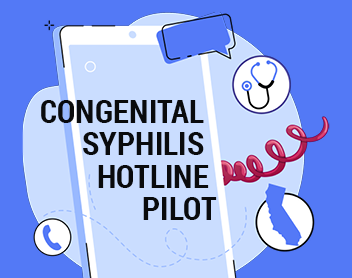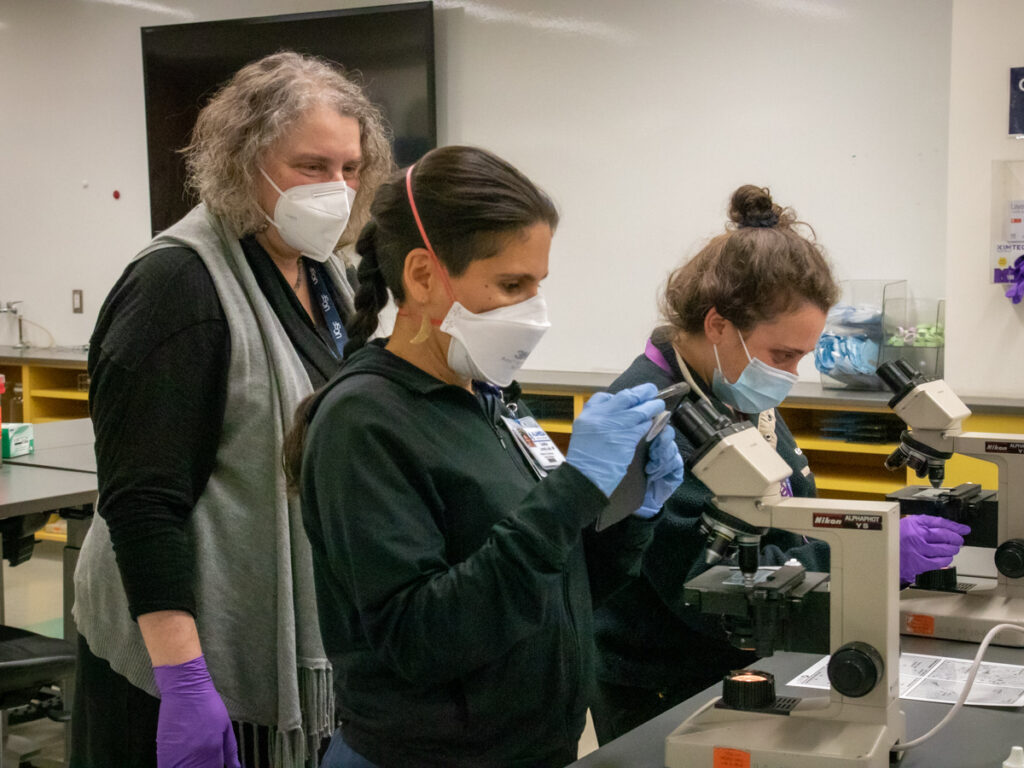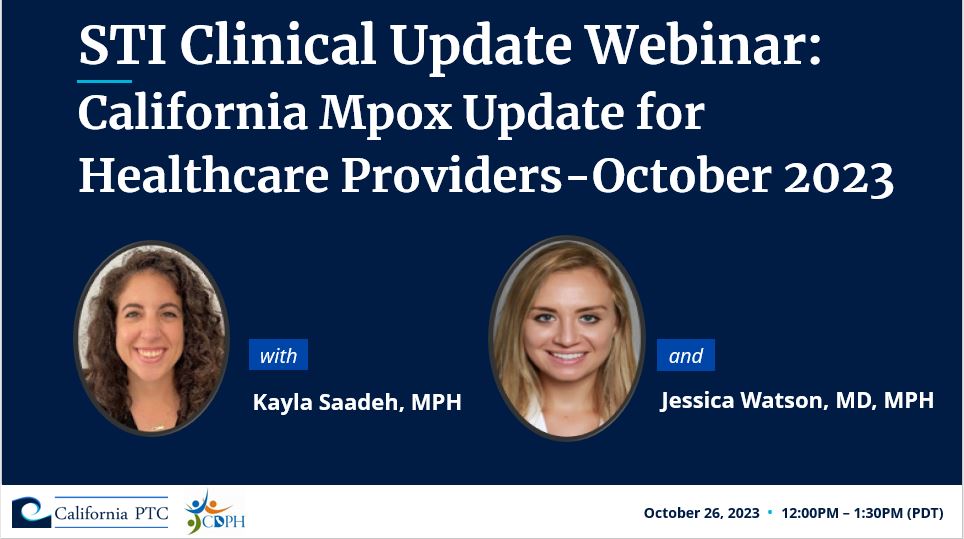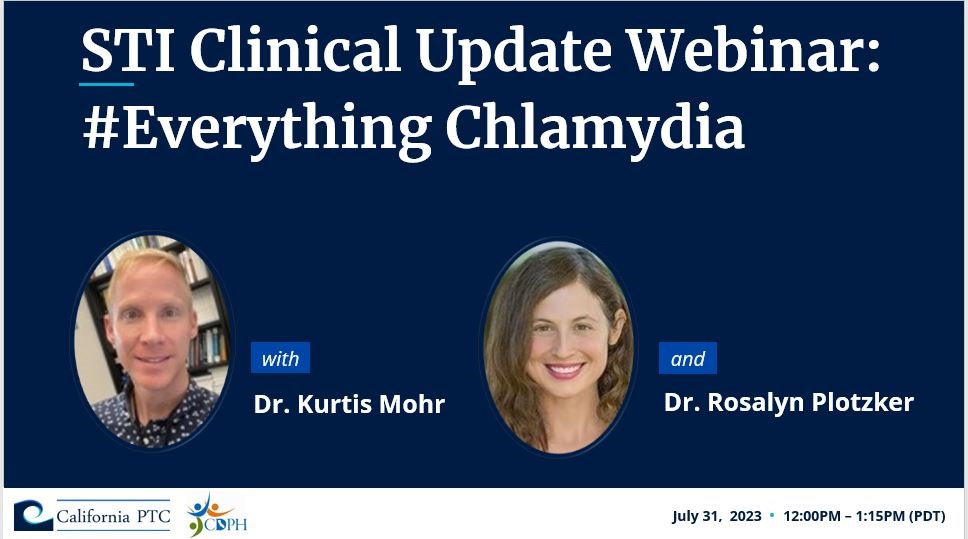STI Expert Hour Webinar – Navigating the Bicillin L-A Shortage: A Conversation with PharmD Dr. Kathy Yang
STI Expert Hour Webinar – Navigating the Bicillin L-A Shortage: A Conversation with PharmD Dr. Kathy Yang
January 31, 2024
12:00PM-1:15PM (PST)
1.25 CME units at no cost
Please note: No CME available for viewing the webinar recording.
Learning Objectives
- List at least 2 factors contributing to ongoing Bicillin L-A shortages
- Describe a framework for prioritizing Bicillin L-A when supplies are limited
- Name potential alternative treatments for syphilis in non-pregnant people
- Develop a decision-making process for the treatment of syphilis when standard guidelines cannot be followed or when data is insufficient.
Meet Our Expert: Kathy Yang, PharmD, MPH
Dr. Yang is a Health Sciences Clinical Professor in the Department of Clinical Pharmacy and the Co-Vice Dean of Clinical Innovation and Entrepreneurship at the University of California, San Francisco School of Pharmacy. She is also an Infectious Diseases Clinical Pharmacist in the UCSF Medical Center. Dr. Yang specializes in pharmacokinetic and pharmacodynamic optimization of the treatment of multi-drug resistant infections, particularly gram-negative bacteria such as Pseudomonas aeruginosa. For the past 3 years, Dr. Yang has focused her efforts on the clinical management of COVID-19.







